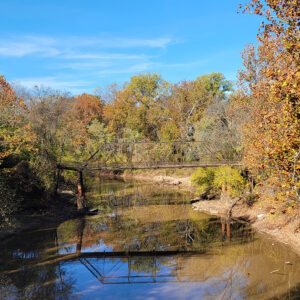 Point Remove Creek
Point Remove Creek
Entry Category: Counties, Cities, and Towns - Starting with P
 Point Remove Creek
Point Remove Creek
 Poison Spring Battleground State Park
Poison Spring Battleground State Park
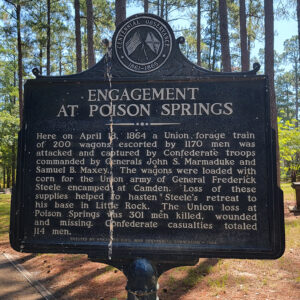 Poison Spring Engagement Sign
Poison Spring Engagement Sign
 Poison Spring Nature Trail
Poison Spring Nature Trail
 Poison Spring Park Pavilion
Poison Spring Park Pavilion
Poke Bayou (Sharp County)
Polk County
Pollard (Clay County)
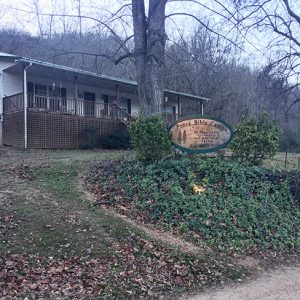 Ponca Bible Camp
Ponca Bible Camp
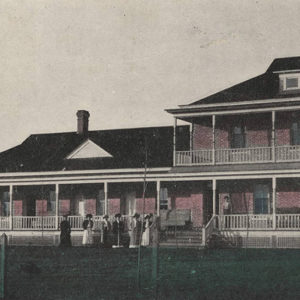 Poor Farm Residences
Poor Farm Residences
Pope County
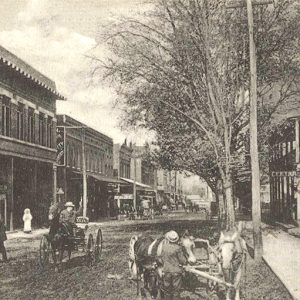 Poplar Street
Poplar Street
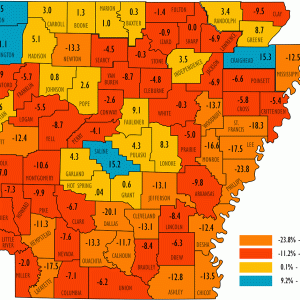 Population Change 2020
Population Change 2020
Portia (Lawrence County)
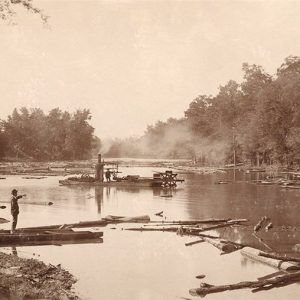 Portia Bay
Portia Bay
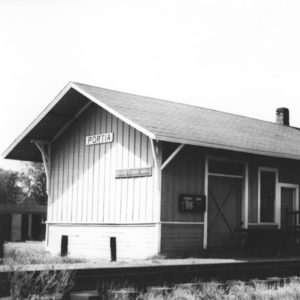 Portia Depot
Portia Depot
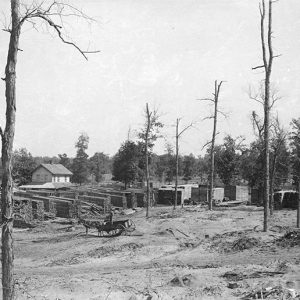 Portia Lumber Co.
Portia Lumber Co.
Portland (Ashley County)
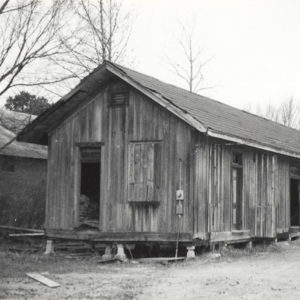 Portland Depot
Portland Depot
Possum Grape (Jackson County)
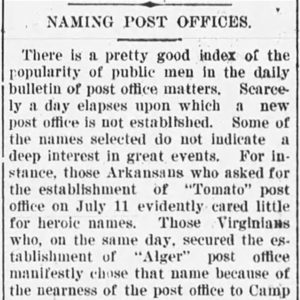 Post Office Naming
Post Office Naming
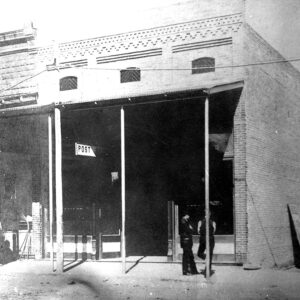 Post Office, 1890s
Post Office, 1890s
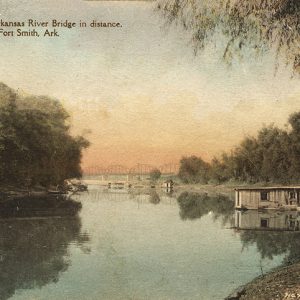 Poteau River at Fort Smith
Poteau River at Fort Smith
 PotlatchDeltic Lumber Yard
PotlatchDeltic Lumber Yard
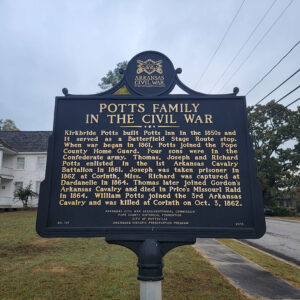 Potts Family Marker
Potts Family Marker
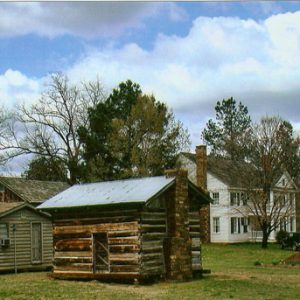 Potts Inn
Potts Inn
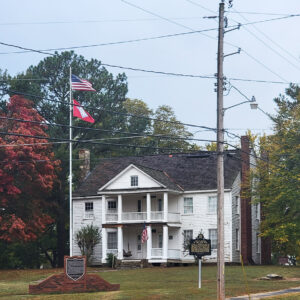 Potts Inn Museum
Potts Inn Museum
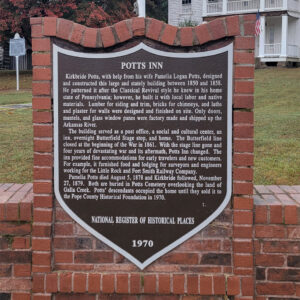 Potts Inn Sign
Potts Inn Sign
Pottsville (Pope County)
 Pottsville Citizens Bank
Pottsville Citizens Bank
 Pottsville Citizens Bank
Pottsville Citizens Bank
 Pottsville Fire Department
Pottsville Fire Department
 Pottsville Municipal Building
Pottsville Municipal Building
 Pottsville Police Dept.
Pottsville Police Dept.
 Pottsville Post Office
Pottsville Post Office
 Pottsville Schools
Pottsville Schools
 Pottsville Street Scene
Pottsville Street Scene
 Dick Powell Home
Dick Powell Home
Powhatan (Lawrence County)
 Entering Poyen
Entering Poyen
Poyen (Grant County)
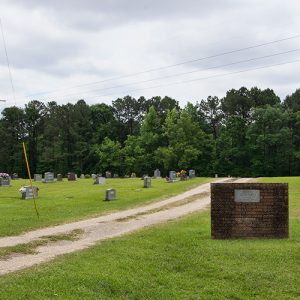 Poyen Cemetery
Poyen Cemetery
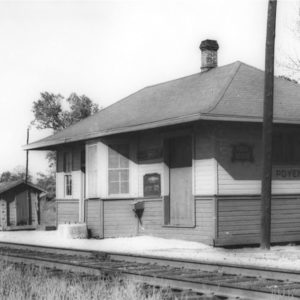 Poyen Depot
Poyen Depot
 Poyen School
Poyen School
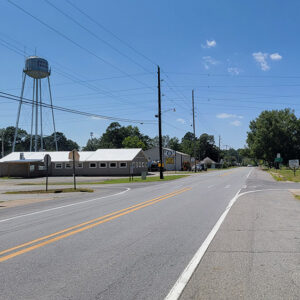 Poyen Street Scene
Poyen Street Scene
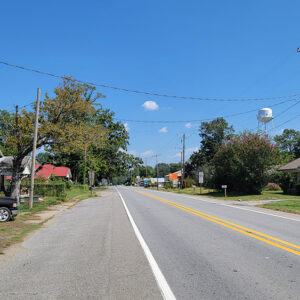 Poyen Street Scene
Poyen Street Scene
 Poyen Veterans' Memorial
Poyen Veterans' Memorial
 Poyen Water Tower
Poyen Water Tower
 Poyen Welcome Sign
Poyen Welcome Sign
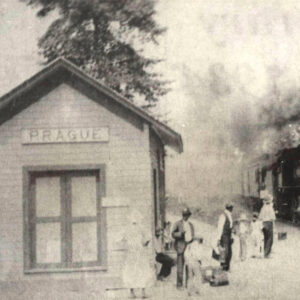 Prague Depot
Prague Depot




